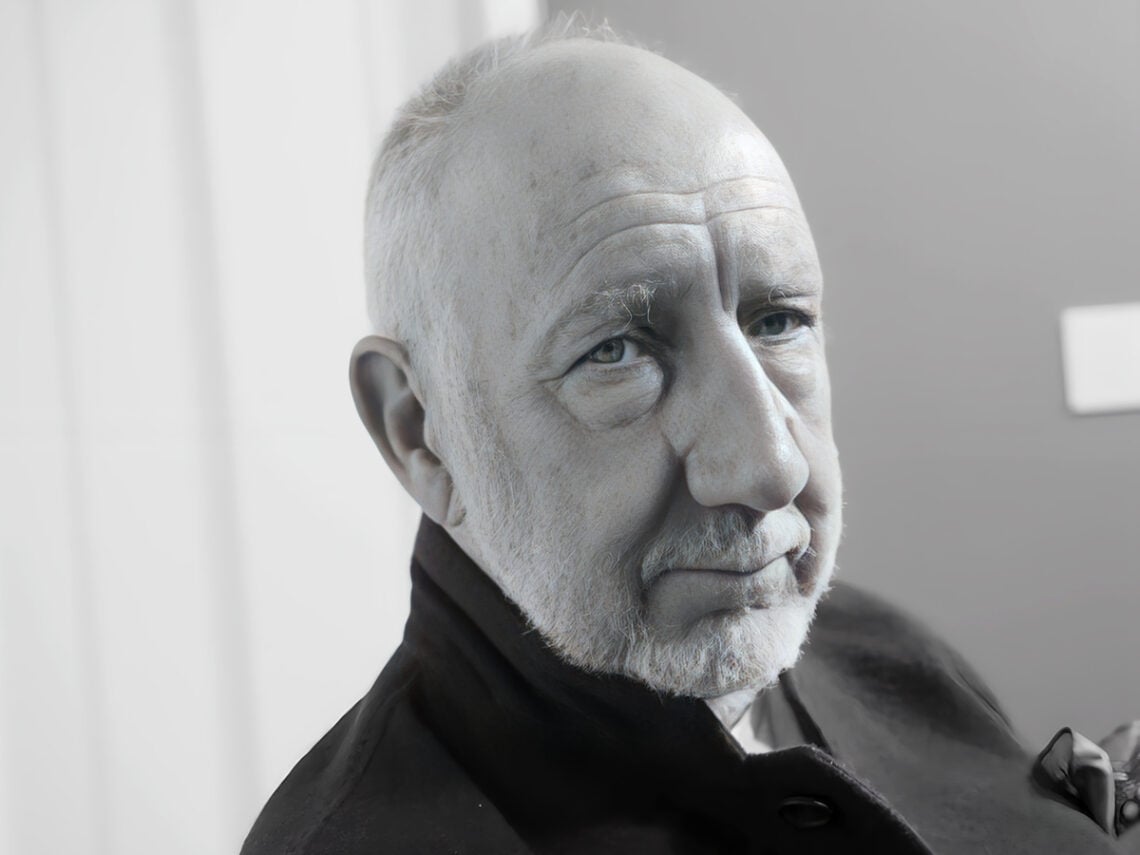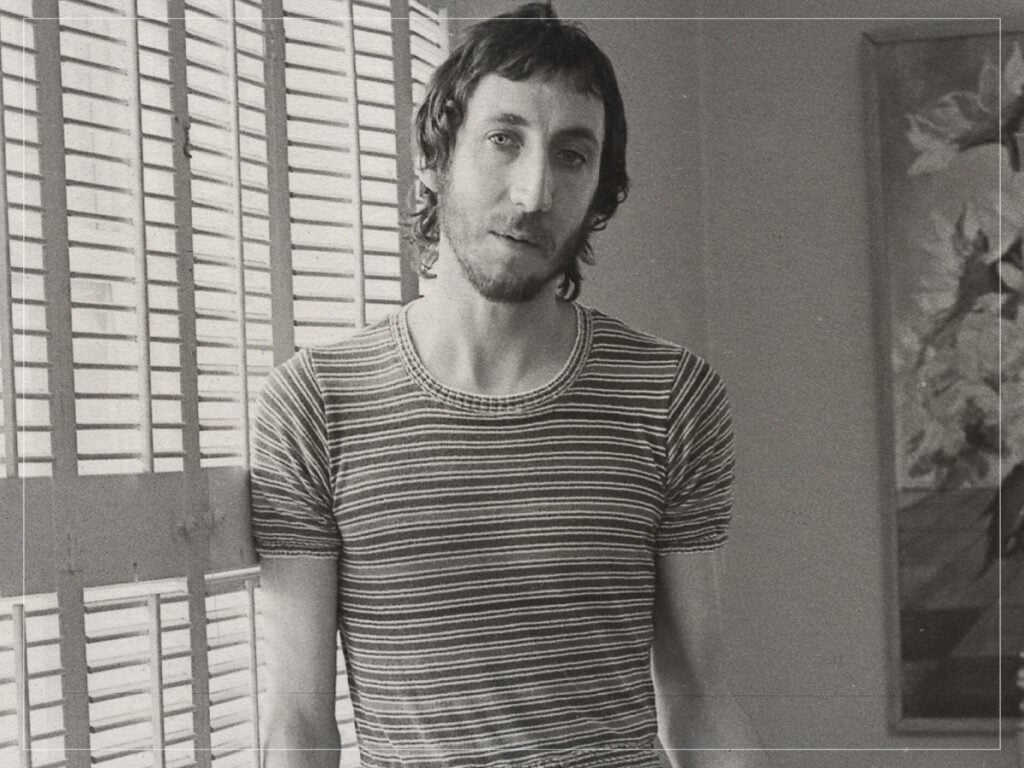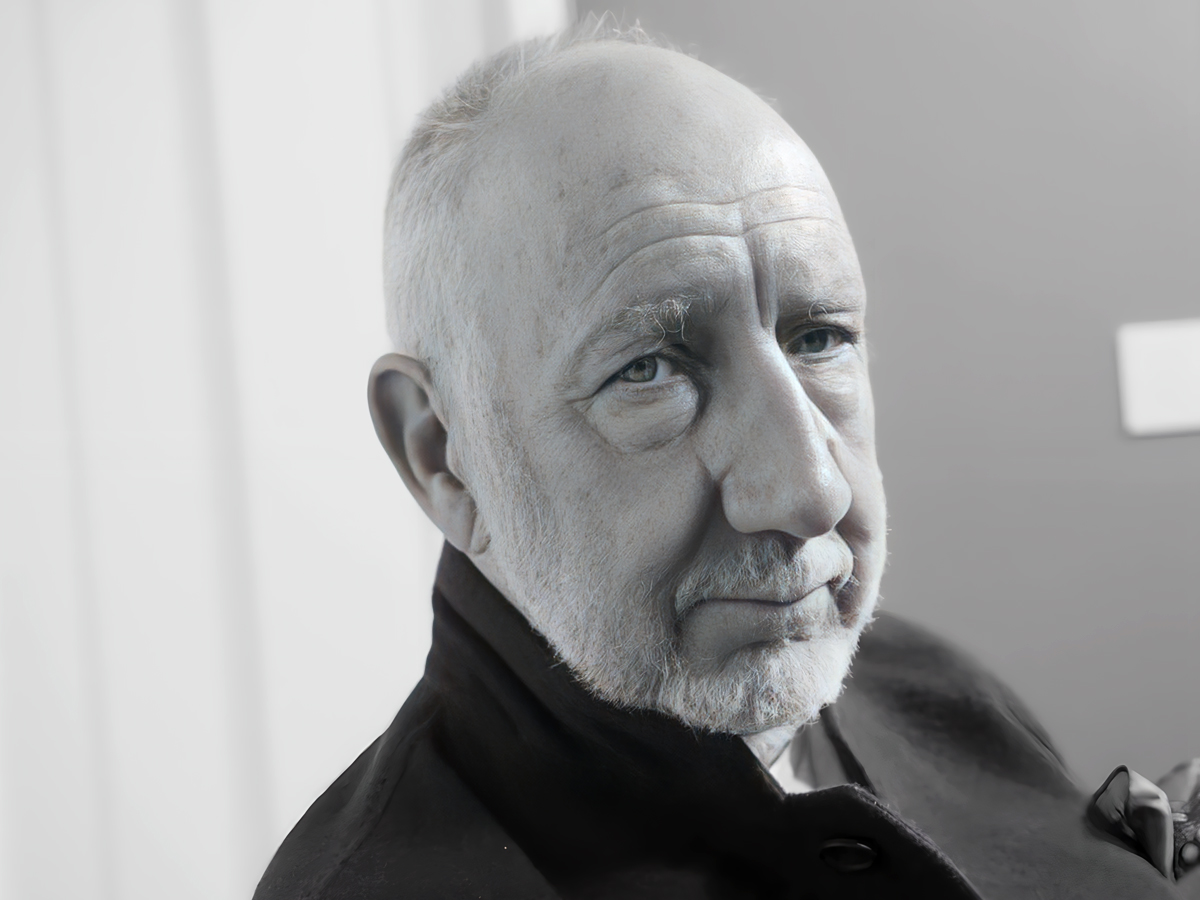
(Credits: Far Out / YouTube Still)
Sun 9 November 2025 17:00, UK
Artistic principles have always been at the core of Pete Townshend as a songwriter, elevating The Who from youthful proprietors of mod rock rebellion to becoming one of Britain’s defining rock and roll outfits.
Inevitably, though, Townshend has clashed with the harsh realities of the music industry on a multitude of occasions.
Very few artists have ever managed to court the attention of the mainstream music industry without making certain sacrifices, and The Who were no different. After all, like every budding young rock band back in the swinging sixties, Townshend and the gang were out to make hit records, and reaching the dizzying heights of the hit parade could only be achieved with the aid of a major transatlantic record label like Decca.
While The Who’s domestic releases were handled by Brunswick, Decca were the ones who introduced Townshend’s rock and roll rebellion to the American public. Seemingly, the relationship between the band and the label started out swimmingly, with record company executives quite happy to allow Townshend to exercise the extent of his artistic desires. Albums like The Who Sell Out or the endlessly ambitious rock opera of Tommy weren’t the natural follow-ups to smash-hits like My Generation, but Decca could seemingly see the potential of those now-classic albums.
Either that or the label was so worried about repeating their catastrophic blunder of passing up the opportunity to sign The Beatles in 1962 that they were willing to allow a band like The Who to do whatever they wanted. Regardless, Decca made bona fide rock stars of the band as the 1960s drew to a close, setting the stage for The Who to become one of the most renowned and enduring rock bands to ever grace the airwaves with their endearingly abrasive output. Inevitably, though, the label soon wanted something in return.
 A young Pete Townshend of The Who. (Credits: Far Out / Harry Chase / UCLA Library)
A young Pete Townshend of The Who. (Credits: Far Out / Harry Chase / UCLA Library)
Nothing is free, particularly within the music industry, and it didn’t take overly long for Decca to start putting pressure on The Who to maximise their output, leading to an uncomfortable situation for Pete Townshend. “The Who’s live shows were being pirated and Decca were angry we weren’t doing anything to stop it,” the songwriter told Classic Rock.
“I’m not quite sure what we could have done to stop it. They were also angry that I’d put out this solo album and sold it purely to a closed market.”
From these gripes, Decca made a number of demands. “They came at us with two things,” Townshend recalled. “One was the Who Came First album, but prior to that Live At Leeds.” Although Townshend’s debut solo album, Who Came First, wasn’t a huge triumph, largely made up of off-cuts from The Who’s abandoned Lighthouse project, Live at Leeds went on to become one of the best live rock albums ever produced.
Capturing the insatiable energy, musical anarchy and ear-piercing volume of the band’s live show, that 1970 live album was a masterstroke by the band, going on to form a major influence on heavy metal along with virtually all future rock and roll performances. Nevertheless, Townshend called it “an album we didn’t want to do, but were forced to by Decca.”
“Similarly Who Came First,” he continued. “I didn’t want to do a solo album, so I just gathered up stuff… In fact there are a couple of songs I didn’t even fucking write on Who Came First. So it’s not really a solo album.” Unlike with Live at Leeds, Decca’s demands didn’t really pay off with that so-called solo album, peaking at a disappointing 69 in the US album charts and putting Townshend off doing another solo project for a good few years.
Related Topics

